Understanding the Basics of Catering Services
- Tommy's Catering

- May 15
- 4 min read
Updated: May 19
Catering services play a vital role in the success of events ranging from weddings to corporate meetings. Whether you are a host planning a grand celebration or a business organizing a seminar, understanding the basics of catering can help you make informed decisions. This blog post aims to provide insights into what catering services entail, types of catering, essential considerations, and how to choose the right catering service for your event.
Catering Services
Catering services involve planning, preparing, and delivering food and beverages for special occasions. These services not only provide meals but also take care of the overall dining experience, including table setups, service staff, and sometimes even décor.

Catering can be integral to any event. For instance, during corporate functions, catered meals can foster networking and discussions amongst attendees. For weddings, catering can help create a memorable experience that reflects the couple's preferences and style.
What is Considered Catering?
Catering can encompass various types of food services, tailored to meet specific needs. There are generally four main types of catering services:
On-Premise Catering: This service involves preparing and serving food at a specific location, usually the venue where the event is held. A team of chefs and servers is often involved in ensuring food quality and presentation. Example Onsite-Grilling
Off-Premise Catering: In this scenario, food is prepared in a commercial kitchen and then transported to the event location. This option is convenient for larger events where the venue may not have adequate kitchen facilities.
Corporate Catering: This is specifically designed for businesses. It can include breakfast meetings, lunch boxes for seminars, or formal dinners. Corporate catering emphasizes quality service and often offers package deals to accommodate various budgets.
Social Event Catering: This includes catering for personal events like graduation parties, birthday parties, weddings, or anniversaries and more. The focus here is to create a festive and enjoyable atmosphere for guests.
Essential Considerations for Catering
When planning your event, there are several factors to consider about catering services:
1. Budget
Setting a budget is the first step in planning. Determine how much you’re willing to spend and discuss this with your catering service. Many caterers provide packages to fit various budget ranges, so it's essential to shop around.
2. Menu Selection
A well-thought-out menu is crucial to catering success. Consider dietary restrictions, preferences, and the overall theme of your event. Many caterers offer tasting sessions before the event, so you can sample options and make necessary adjustments.
3. Service Style
Understanding different service styles is vital. You can choose from buffet-style, plated service, or family-style dining. Each has its unique appeal and can affect the overall experience of your guests.
4. Staffing
For larger events, having sufficient staff is paramount. Ensure that your catering service provides enough servers, chefs, and setup crews. Well-trained staff can significantly enhance guest experiences.

5. Equipment Rental
Caterers often provide necessary equipment like tables, chairs, linens, and dinnerware. Be sure to determine what is included in their services to avoid last-minute surprises.
6. Licensing and Insurance
Verify that your chosen catering service holds the necessary licenses and insurance. This step protects you from liabilities and ensures that the caterer adheres to health and safety regulations.
Choosing the Right Catering Service
Selecting the right catering service can make or break your event's dining experience. Here are some tips to guide your decision:
1. Research and Recommendations
Start by researching potential caterers in your area. Look for online reviews, testimonials, and ask for recommendations from friends or colleagues. A reputable caterer will have a history of satisfied clients.
2. Conduct Interviews
Once you've narrowed down your options, conduct interviews. Ask about their experience with similar events, their flexibility in menu options, and how they handle special requests or dietary restrictions.
3. Check References
Don't hesitate to request references from previous clients. A professional caterer should be willing to provide contact information for clients who've had a similar type of event.
4. Review Contracts
Before making any commitments, thoroughly review the contract. Pay attention to cancellation policies, payment terms, and what happens in case of unforeseen circumstances.

5. Final Touches
Make sure to confirm details like the number of guests, finalize the menu, and discuss any required equipment or staffing needs as your event date approaches. Clear communication is essential for a successful catering experience.
Making Your Decision
Choosing the right catering service is essential for creating a wonderful experience at your event. By understanding the basics—like the types of catering, essential considerations, and how to select a service—you can navigate the planning process smoothly.
Remember to assess your needs, stay within budget, and always keep your guests' preferences in mind. As you plan, reviews and recommendations will guide your choices, allowing you to find the perfect catering service that suits your specific requirements.
From small gatherings to large celebrations, a well-executed catering service can enhance the atmosphere, making your event memorable for all the right reasons. For more information about professional catering, consider visiting Tommy's Catering to explore our services and offerings.




Comments